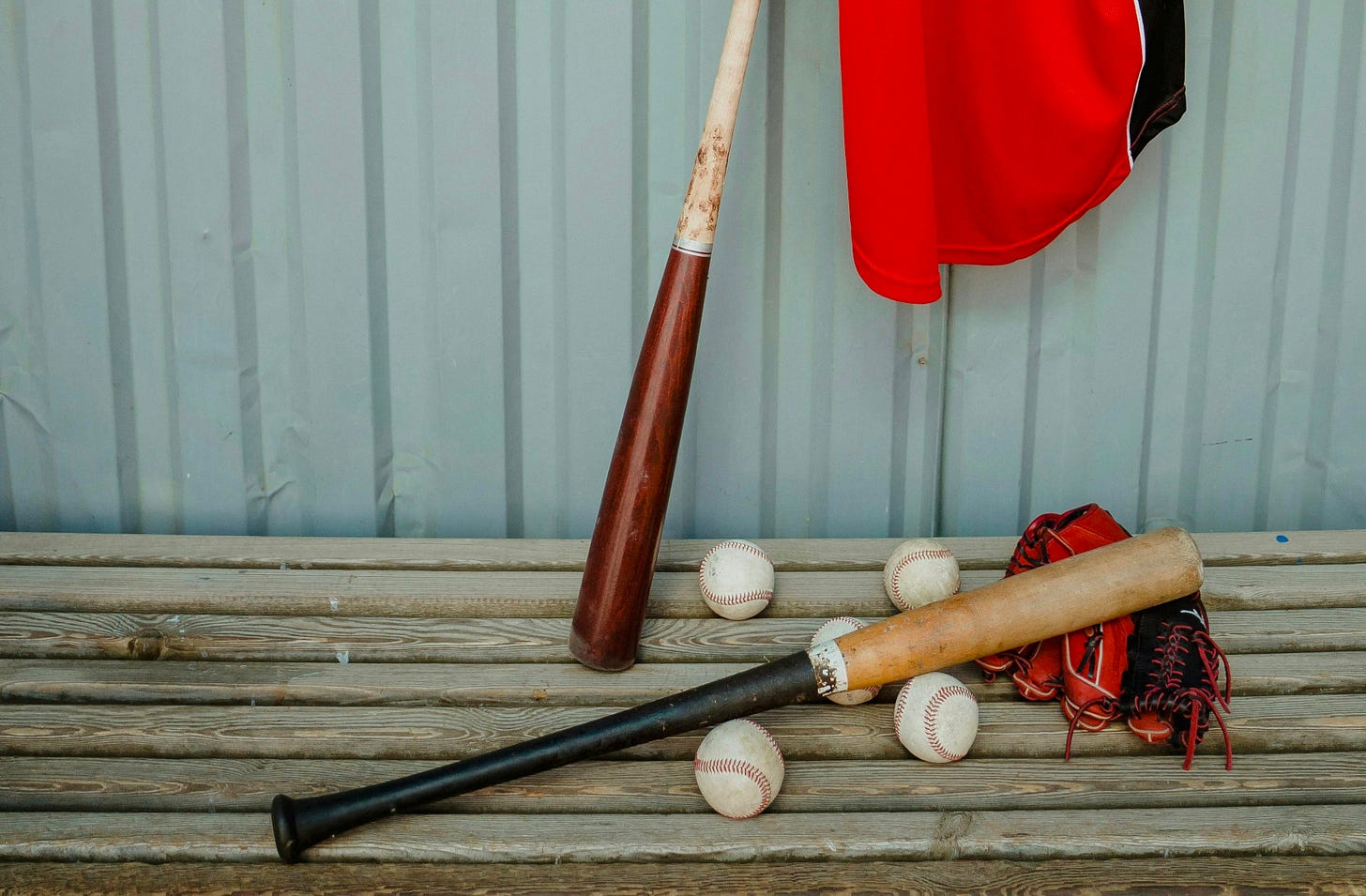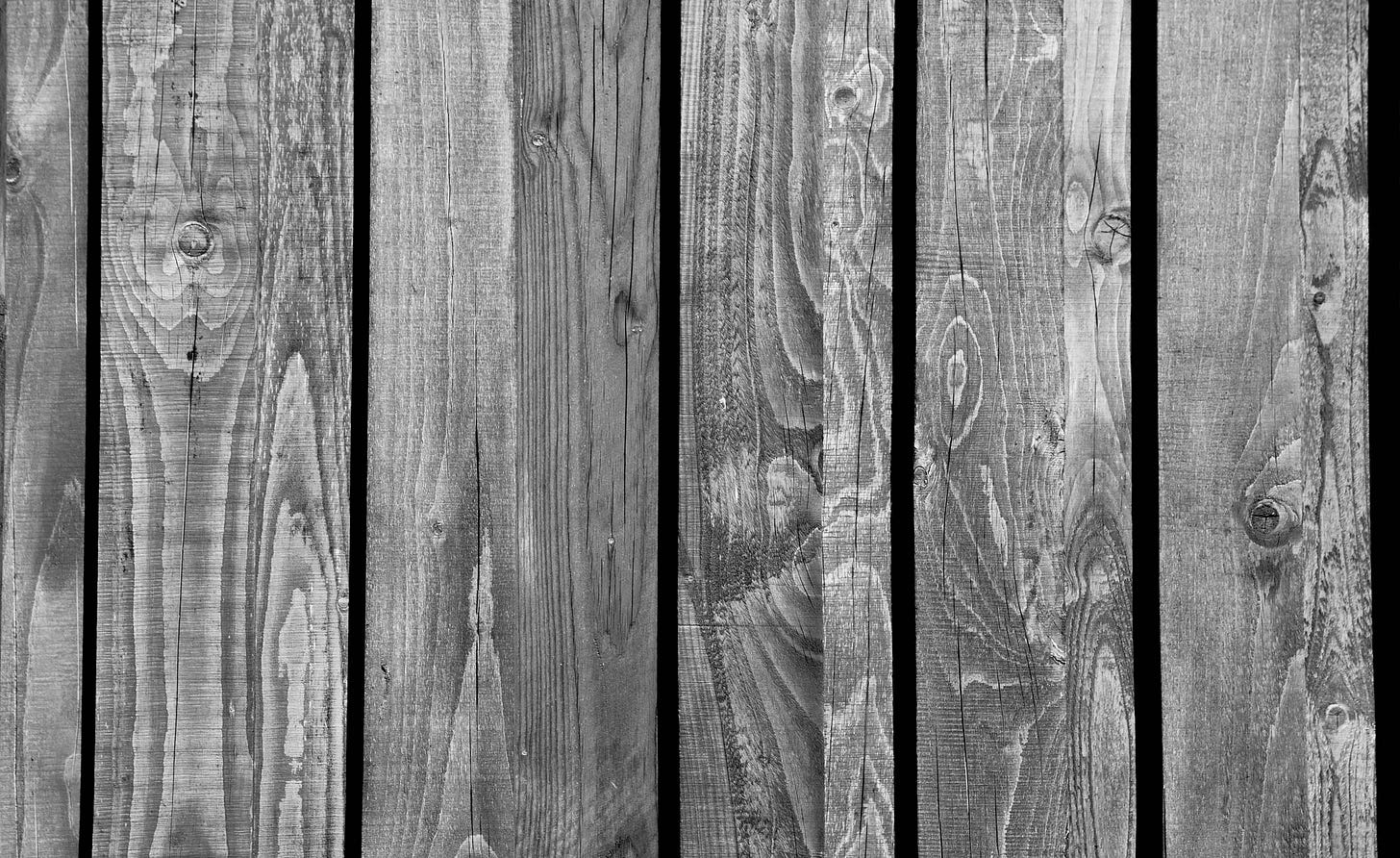The Blues & Billie Armstrong 17
MORE LIKE A TRICK
Previously in The Blues & Billie Armstrong…
Coach Fish scooped up Craiger’s gloves from the ground and tugged mine off my hands. He pointed toward Hank and Billie. “Maybe those two should be next.” he said.
Billie walked me to the Paperboys’ dugout, empty now except for scattered helmets and bats and catcher’s gear.
She wet the hem of her halter top in the drinking fountain, sat me down and stood in front of me to tend my wounds—a bloody nose, a split lip, a swelling eye. “You’re gonna have a shiner,” she said. I shivered as she wiped at the blood on my face. It reminded me of my mother’s touch.
Hank and Alice and Timmy and Joey all walked over and stood outside the dugout watching my treatment through the chain link. Like I wanted an audience.
“How we doing?” Hank said, fidgeting with his garrison cap in his hands.
“I’m fine,” I said, trying not to aggravate my lower lip.
Billie turned her head to look at Hank. “No thanks to you.”
“Maybe I should give him some boxing lessons,” he said.
“Like I said, fighting doesn’t prove anything,”
“Proves who wins,” Hank said, with a wink in my direction.
Timmy said, “I woulda kicked him in the balls and ran like hell.” He cackled a laugh.
I laughed too, and it hurt my whole face, but I said, “You think that would’ve worked, Tim?”
“Not a chance,” he said.
I think we all laughed then. Except Joey, who said, “That wouldn’t be right.” And we all laughed again.
Usually, the whole team and our opponents went for ice cream at the Weeping Willow. Close to thirty boys sweating through their baseball uniforms, pushing and shoving in line for chocolate-dipped soft-serve, squeezing six boys to a booth, yacking away like red-winged blackbirds. Mr. Terwilliger always paid the bill and sat with the coach and a dad or two, and they talked of Vietnam and Nixon and the damn protesters and the whole country going to hell in a handbasket. I always got squished between Timmy and Joey, the three of us on one side of a booth, and we would forget about the game and talk about cars we agreed were totally cherry, and how many homers Willie Mays would hit that year, or the relative physical development of the eighth grade cheerleading squad.
I couldn’t face ice cream that day. Most of the Paperboys headed in that direction, but Billie and I started walking home. Hank idled up alongside in the red Mustang, the custom muffler rumbling low, Timmy riding shotgun, grinning like he’d been promoted to the in-crowd. Deep Purple rocking Smoke on the Water on the 8-track—apparently Hank had moved on from Elvis and the Beach Boys. He stuck his head out the window and said, “Hey Bullseye, you and Miss bra-burner want a ride?”
Timmy laughed. Billie gave Hank the finger, and Hank just flashed a big grin, popped the clutch, chirped the tires and left us in a cloud of belligerent dust.
Alice caught up and said she was headed for her part-time job at the library. The three of us meandered together down the street and then into the park in the shade of the tall trees, Billie arching her bare feet like a dancer to brush her toes through the lawn and bending over to pick a dandelion and twirling it in her fingers. “How can you guys stand it here?” she said.
I thought I knew what she was trying to say. I’d seen that look of hopeless claustrophobia on other kids who’d moved to Lupoyoma from the city.
“It’s like being trapped in a bizzaro Norman Rockwell painting,” she said. “And there’s nothing to do!”
“It’s almost summer,” I said. “It gets better in the summer.”
Alice looked down shyly at the park lawn. “If you ever just feel like talking, you could come by the library.”
“Not exactly what I had in mind,” Billie said, but she smiled and touched Alice’s arm to show that she was teasing.
We fell quiet for a few moments, until she said, “Are you guys cool?”
I didn’t think I was cool, and I was fairly certain no one in the world thought of me as such.
“You mean, do we smoke pot?” Alice said, and now I understood this was a special use of the word cool that hadn’t yet filtered down to the lexicon of Lupoyoma eighth graders.
Billie looked us over. “Yeah, that’s what I mean, but I’m guessing the answer’s no.”
“Yes,” Alice and I said in unison.
“Yes the answer’s no, or yes you smoke pot?” she teased.
I laughed and Alice’s cheeks lit up pink. I could see Alice had already marked Billie as someone special, someone to learn a piece of the larger world from. It was in the way she tilted her head slightly and watched Billie so as not to miss a thing. And it was in the way she would glance away shyly after a few moments of contact with Billie’s demanding green-eyed gaze. Of course, I noticed all of this because I was watching both girls with my own sense of nervous wonder that I was even tolerated for more than a few minutes by two high-school-age girls who seemed to be treating me, at least momentarily, as a peer.
“Well, do you know anyone who smokes pot?” Billie said.
“One time Grandma Junia said my Aunt Laurette must be a pothead because she wanted to watch the Smothers Brothers instead of Bonanza.”
Billie said, “Not sure we can take Granny Junia’s word on this. What about you, Alice?”
“A few of the girls at school said Nate Henderson sells it. He’s in a band, too.”
“Well, when can I meet this dude?” Billie said.
“His folks own the music store, it’s right around the corner,” I said.
Billie said, “Seems like everything here is right around the corner.”
Alice stopped at the bottom of the steps to the Lupoyoma County Carnegie Library. “See you later,” she said, mostly to Billie and with the hint of a question mark.
“Yeah, catch ya later,” Billie said.
Billie and I walked along the sidewalk that bordered the park. We crossed the street and peered in the windows of Aunt Laurette’s beauty shop, the Lupoyoma Cut & Curl, but the closed sign was up and the lights were off. She had a little apartment upstairs over the salon, but we didn’t see her VW so we didn’t knock. We went around the corner and up Third Street a ways but the Music Box was closed too.
I hadn’t shown her the loose plank in our backyard fence yet, and I thought now was the time. I had the odd idea she’d earned a welcome from me, some sort of signal of inclusion. We headed down Third Street and then cattywampus across to the Yacht Club parking lot. I showed her how to recognize the correct plank by a certain silver-dollar-size knothole and how to fit by turning your body as you stepped through. She was bigger than me, but she managed.
On the other side, in our backyard, I stood the plank back in place, taking special care that it appeared for all the world as just another piece in a solid wall.
Billie said, “You know why that kid was so mad, don’t you?”
“Craiger?” I said. “Because we won the game.”
“But was that really a legal play?”
“Of course. They even do it in the majors.”
“Seems like kind of a lie to me.”
“Uh… more like a trick,” I said. “Like the fence.”
“Well,” she said, “it wasn’t the truth.”
“Jeez, now you sound like my dad or something.”
The truth was I already felt lousy about the whole thing—the hidden ball trick, the asskicking I took from Craiger and the fact that I took a dive to avoid worse. Craiger knew. I could tell by his dismissive wave as he turned away. He knew that punch wasn’t a low blow, that my wind was knocked out but the groaning and wincing in pain was fake, a convenient way to mask my humiliation. Like a kid who strikes out and suddenly acquires a limp on the way back to the dugout.
Fortunately, it seemed to convince Hank and the others.
But now, as Billie and I reached the back door and started into the house, she gave me a streetwise smirk and said, “By the way… low blow my ass.”
The Blues & Billie Armstrong is a work of fiction. Names, characters, businesses, places, events and incidents in this book are either the product of the author's imagination or used in a fictitious manner. Any resemblance of the fictional characters to actual persons, living or dead, is purely coincidental.
© All Rights Reserved



